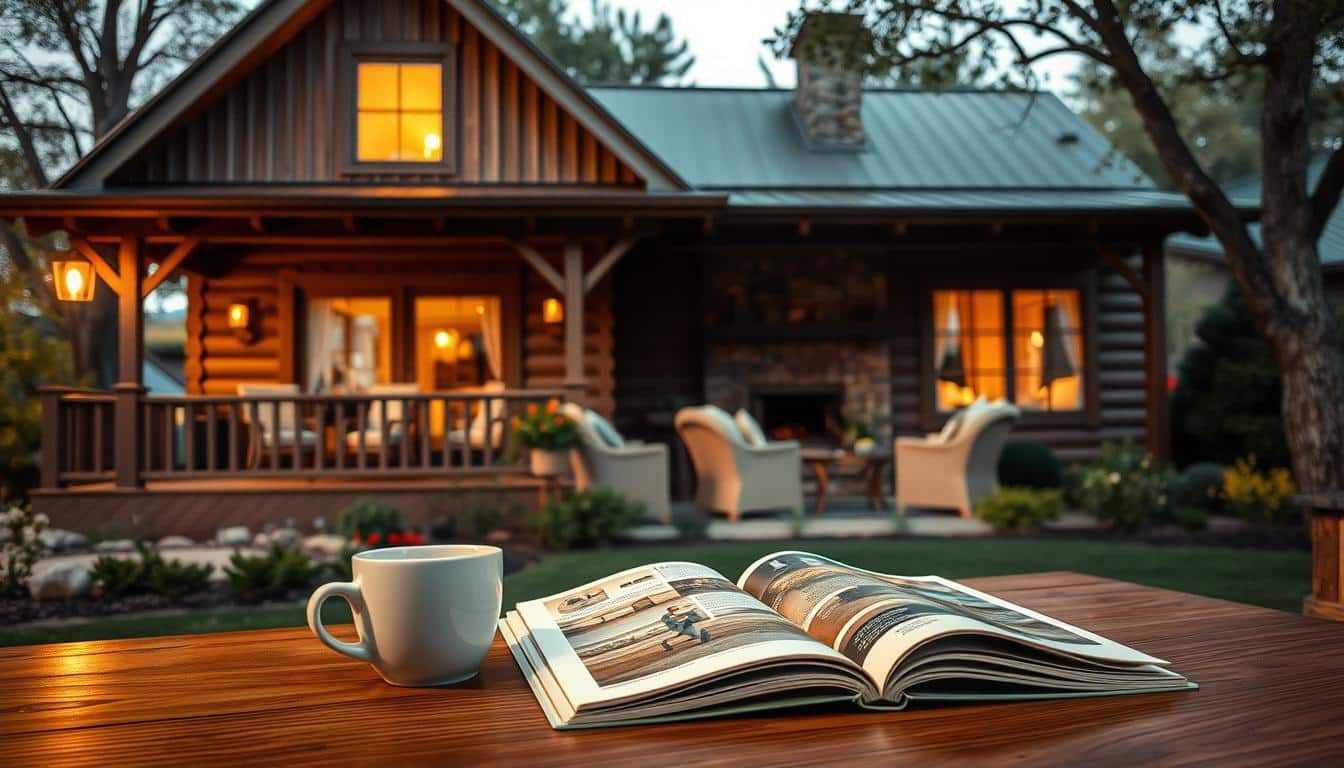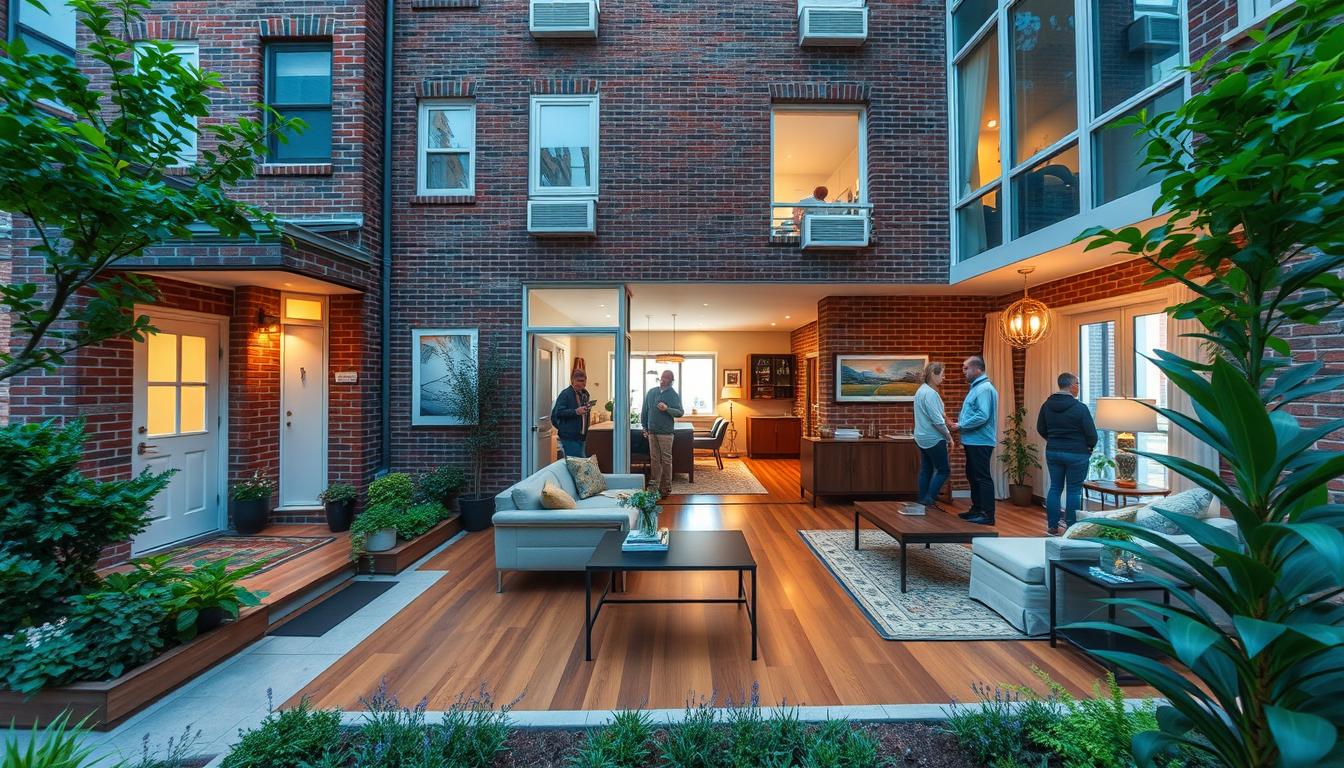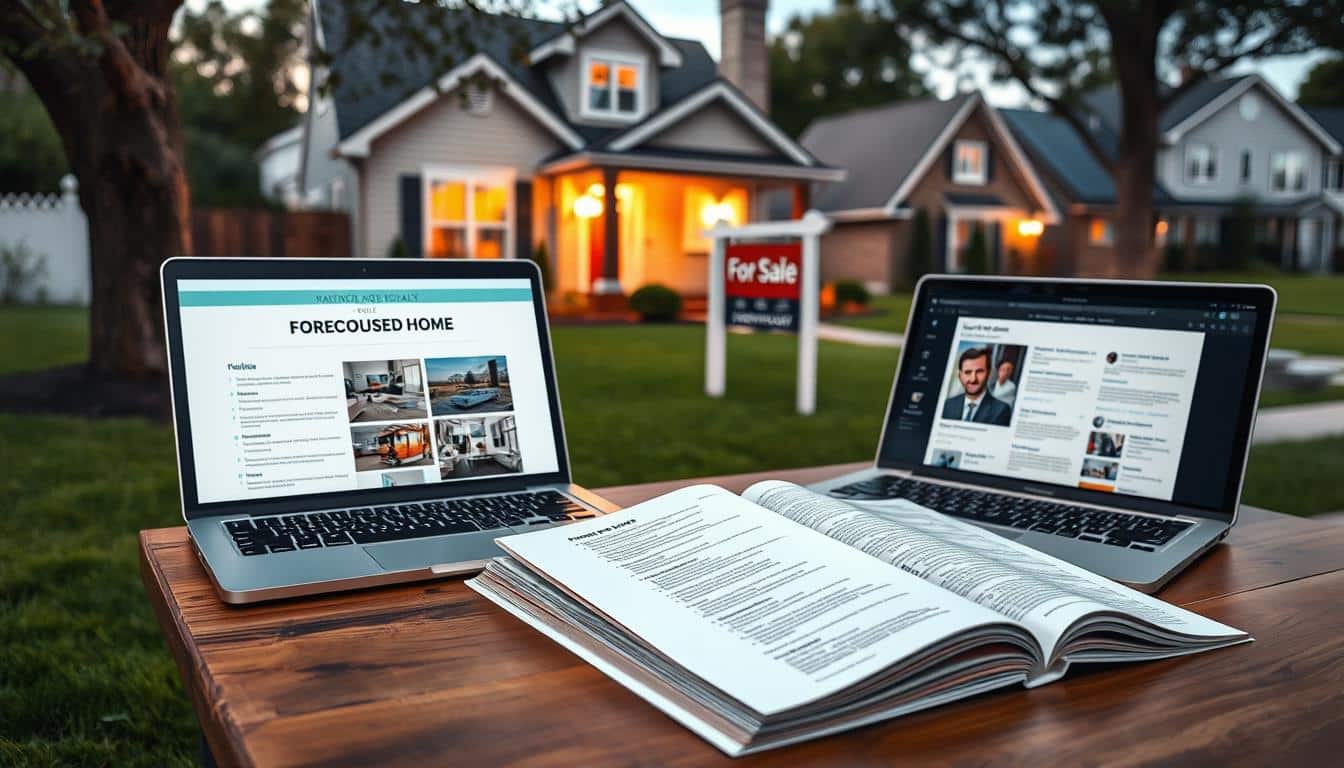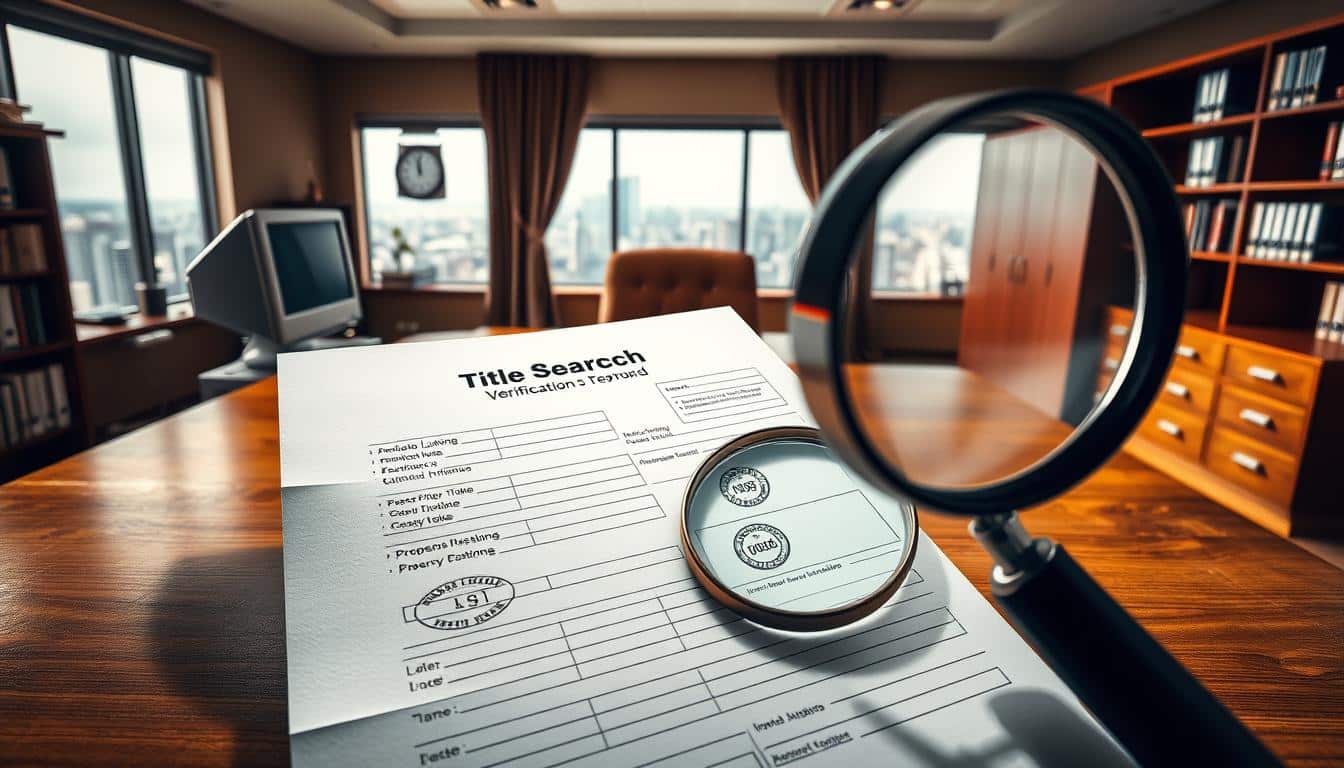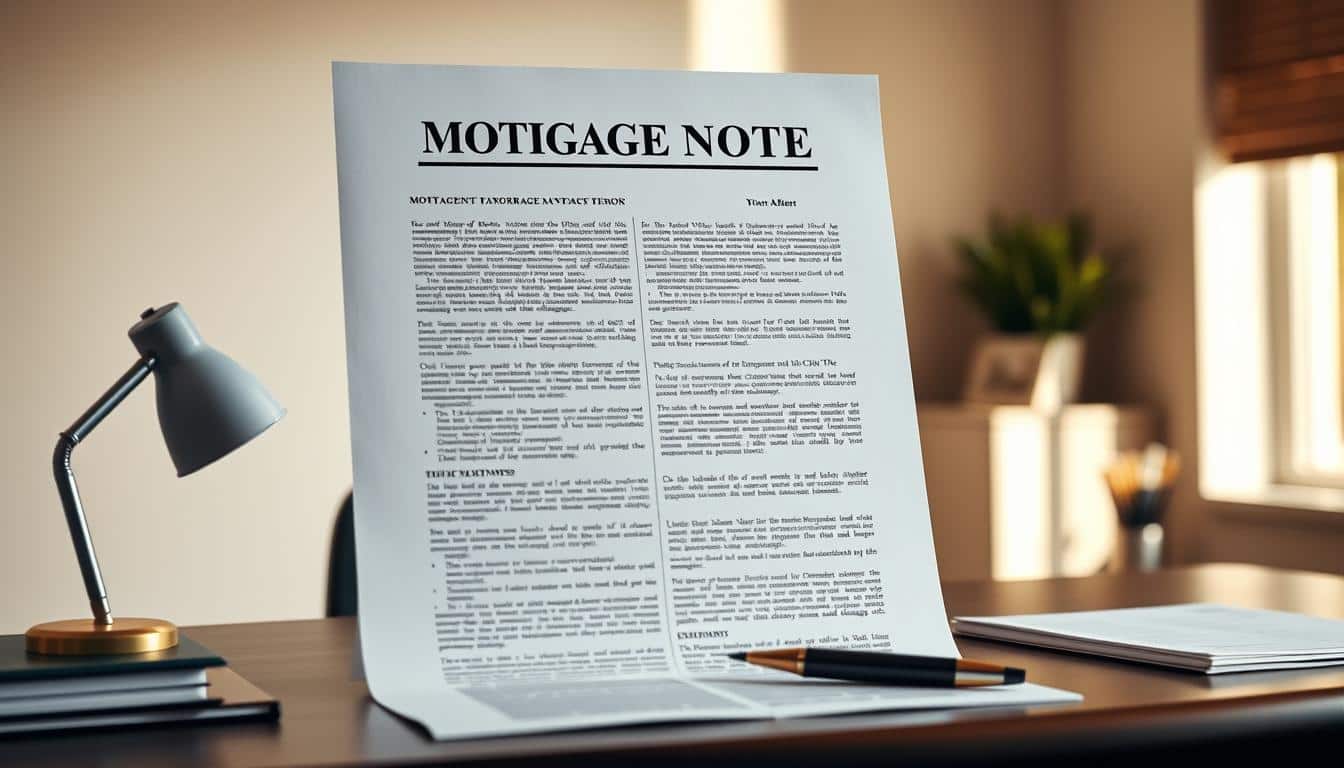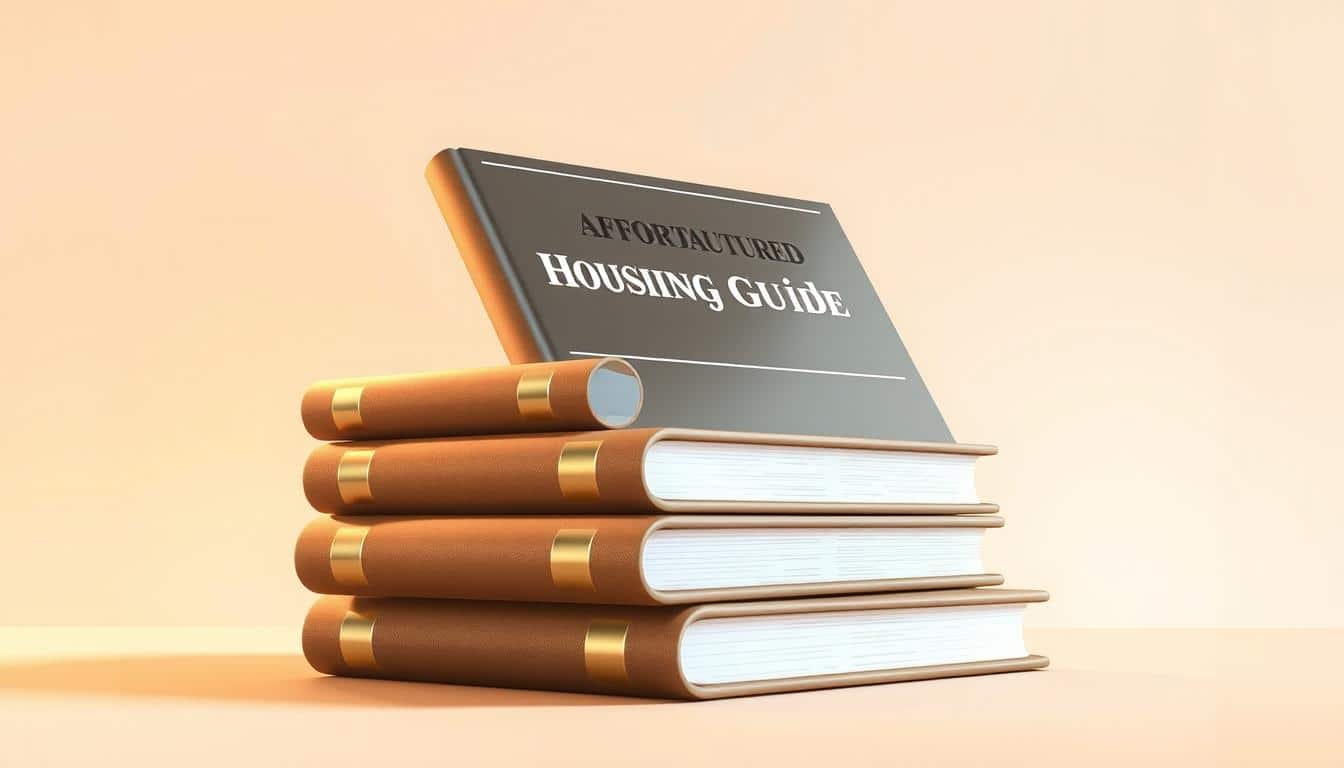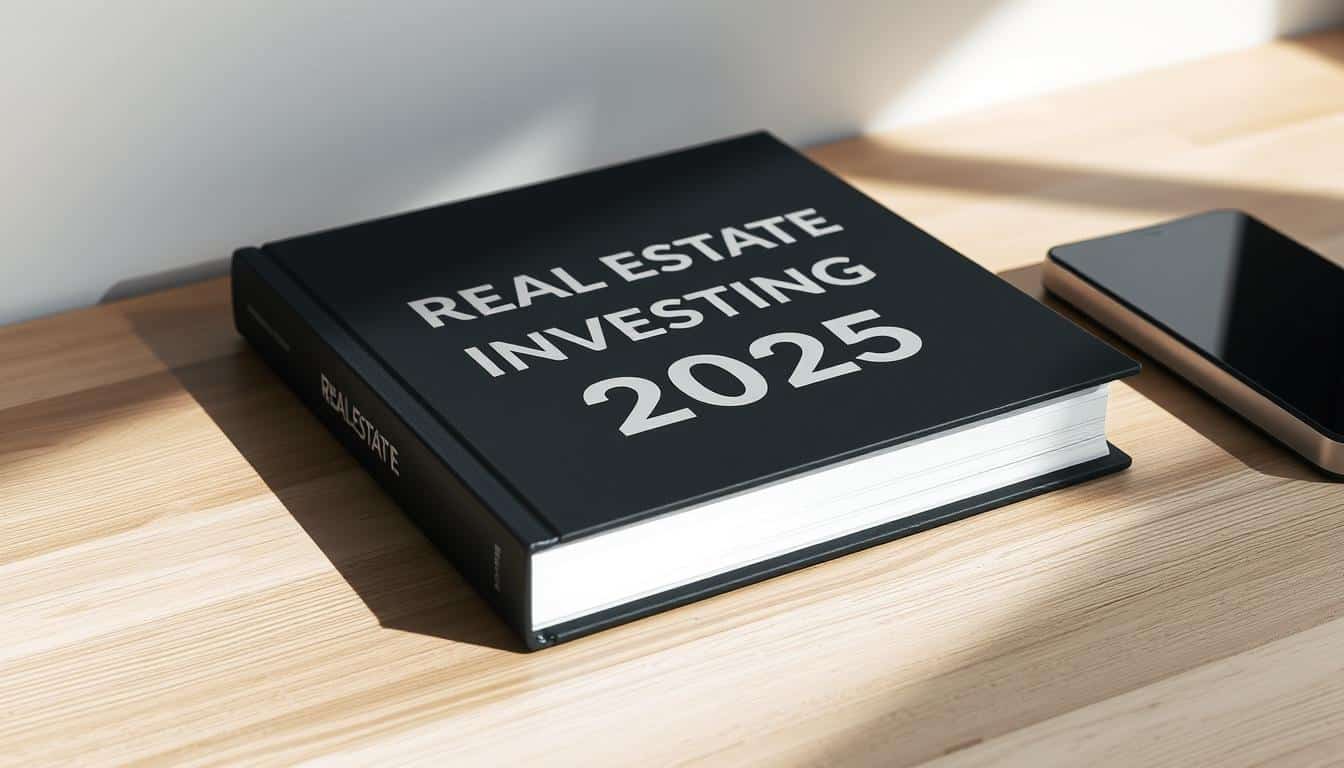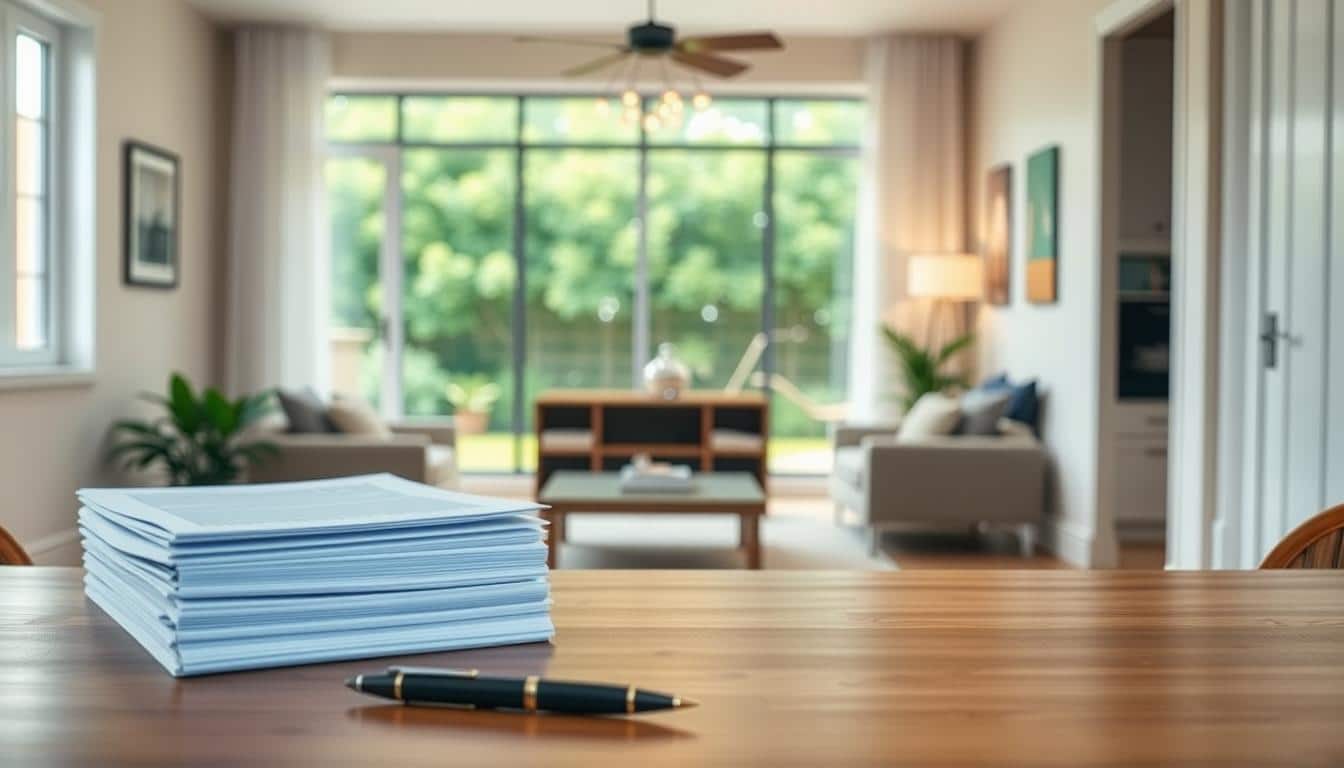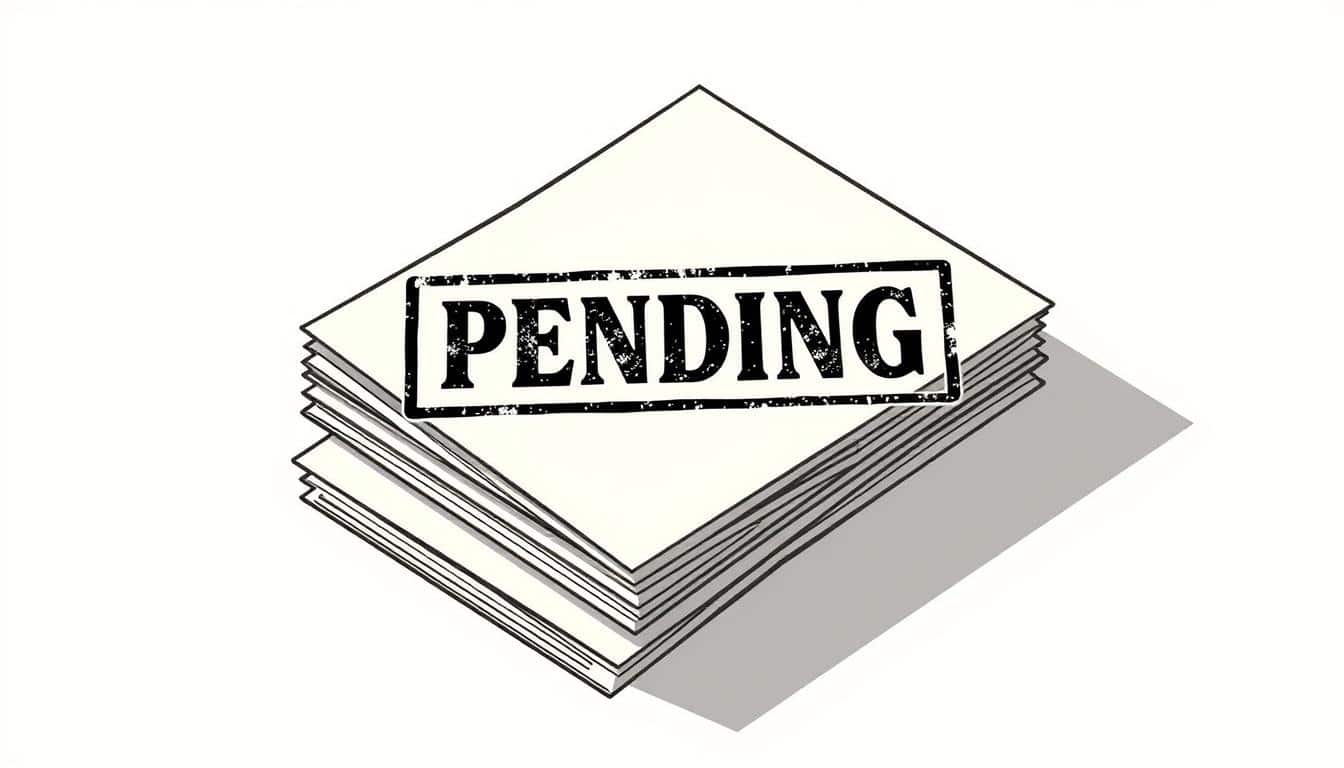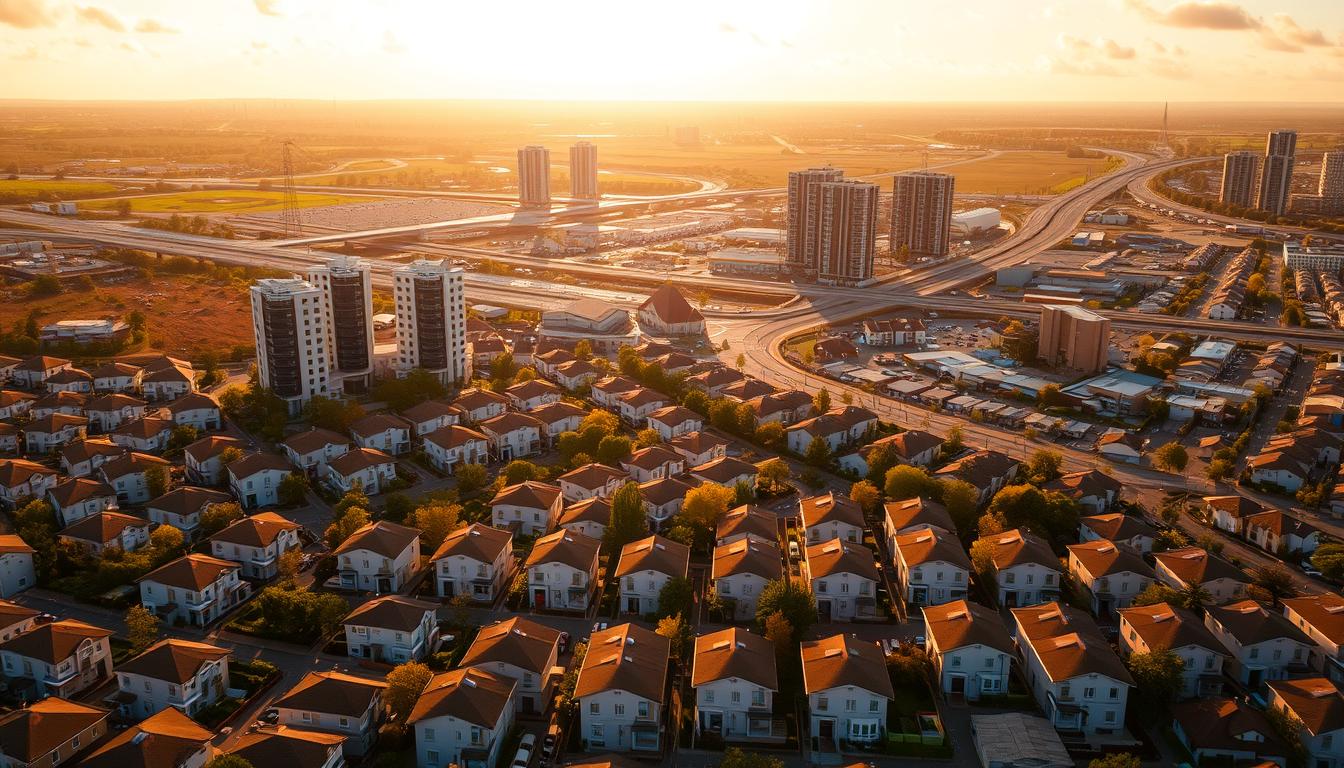Buying a second home is a big step for many Americans. Babcock Ranch Homes in Florida gives great tips on buying investment properties. It’s key to know how to buy a second home, whether for a vacation or to earn rental income.
A second home can be more than just a place to live. It can be a weekend escape or a future retirement spot. It offers flexibility in lifestyle and finances. Both investors and homeowners see the benefits of adding a second home to their portfolio.
Buying a second property needs careful planning and financial readiness. You must understand the market, mortgage rules, and your finances. Successful buyers do their homework, know their reasons, and get expert advice.
Key Takeaways
- Understand different motivations for second home ownership
- Evaluate financial readiness before purchasing
- Research location and property investment
- Consider long-term financial and lifestyle goals
- Consult real estate professionals for expert advice
- Explore various financing and tax implications
Understanding Second Home Ownership
Buying vacation homes is a growing trend for those wanting to expand their real estate holdings. These homes offer a chance for personal enjoyment and can also earn rental income. There are many types of second homes, each with its own benefits and things to consider.
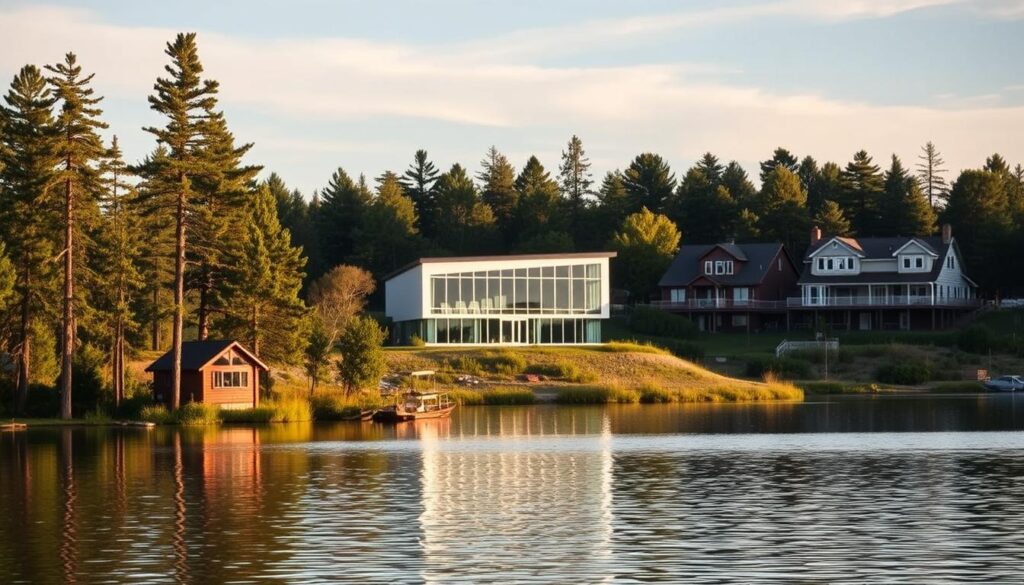
There are various second homes to choose from, based on your financial goals and what you like:
- Vacation Homes: Personal retreats in places like beaches or mountains
- Investment Properties: Can earn rental income without constant use
- Future Primary Residences: Homes bought for retirement or moving to later
Property Investment Benefits
Second homes offer many financial benefits. They can earn rental income when not used personally. Plus, their value can increase over time, adding to their appeal.
| Property Type | Potential Benefits | Investment Considerations |
|---|---|---|
| Vacation Homes | Personal Use & Rental Income | Location Attractiveness |
| Investment Properties | Consistent Rental Revenue | Market Demand |
| Future Primary Residence | Long-Term Asset Growth | Potential Retirement Strategy |
Key Ownership Distinctions
Second homes have different financial and tax rules than primary homes. The IRS has rules for these homes, like being at least 50 miles away and used personally for 14 days a year. This is to get certain tax benefits.
Strategic second home ownership can transform a personal retreat into a valuable financial asset.
Common Motivations for Second Home Purchase
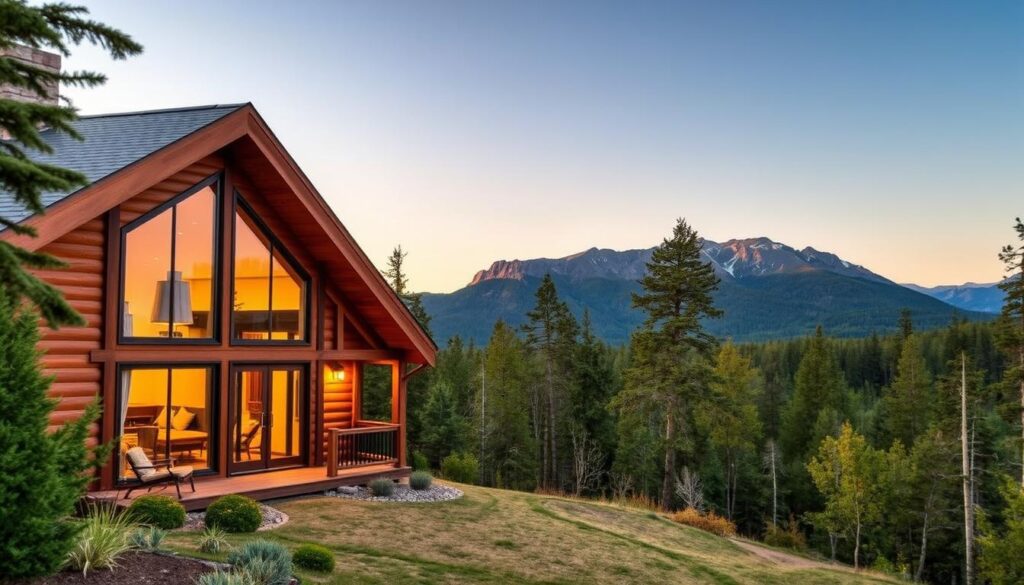
Buying a second property is a smart move for many Americans. It helps them spread out their real estate investments. People buy second homes for many reasons, not just to own a property.
There are several main reasons to buy an investment property:
- Financial Growth: Making money through real estate market value increase
- Personal Enjoyment: Having a vacation home
- Retirement Planning: Planning for the future
- Family Support: Helping relatives with housing
Older Americans often see second homes as a place to retire. Younger people see them as a chance to invest. Each group has its own reasons for buying a second home.
| Motivation Type | Primary Goal | Potential Benefit |
|---|---|---|
| Vacation Retreat | Personal Use | Regular leisure destination |
| Rental Income | Financial Returns | Monthly cash flow |
| Retirement Preparation | Future Housing | Established living environment |
Smart investors use their home equity to buy a second property. This turns personal assets into tools for growing wealth. Buying a second home shows a person’s financial goals, lifestyle, and long-term plans.
Financial Prerequisites for Second Home Buyers
Buying a second home needs careful financial planning. You must meet specific lender requirements. Unlike primary homes, second homes have stricter financial criteria.
Lenders check several key financial factors for second home mortgages. Knowing these can help you prepare well. This increases your approval chances.
Income Requirements
Financial stability is key for second home financing. Lenders look for:
- Steady and verifiable income from primary employment
- Consistent income history for at least two years
- Potential for additional income from rental opportunities
Credit Score Considerations
Your credit score is very important for good mortgage rates. Most lenders need:
- Minimum credit score of 640
- Higher scores can qualify for better interest rates
- Clean credit history with minimal negative marks
Debt-to-Income Ratio Guidelines
Lenders check your debt-to-income (DTI) ratio closely. Important points include:
- Maximum DTI ratio of 45%
- Lower DTI ratios improve mortgage approval chances
- Cash reserves ranging from 2-6 months of mortgage payments
Preparation and financial discipline are your best allies in securing a second home mortgage.
Expect higher down payments, usually 10-20% for second homes. Reviewing your finances and talking to mortgage experts can help. This way, you can successfully buy a second home.
How to Buy a Second Home
Buying a second home needs careful planning and a smart strategy. It’s not just about finding a property. You must also understand your finances and future plans.
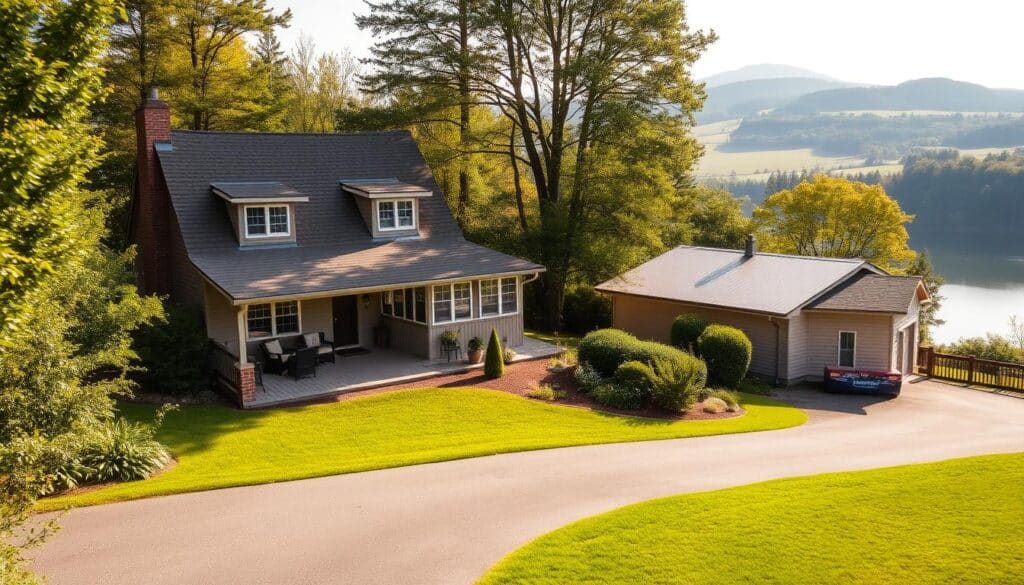
- Define Your Property Goals
- Assess Financial Readiness
- Get Mortgage Preapproval
- Research Possible Locations
- Choose a Specialized Real Estate Agent
The second home market faces unique challenges. Recent trends show cooling markets due to rising mortgage rates and changing work dynamics.
“A second home is not just a purchase, it’s an investment in your future lifestyle and financial portfolio.”
Getting financially ready is key. Here are some financial points to consider:
| Expense Category | Estimated Cost |
|---|---|
| Down Payment | 10-20% of property value |
| Monthly Utilities | Approximately $400 |
| Annual Insurance | $900 – $1,800 |
| Annual Maintenance | 1-4% of purchase price |
When buying a second home, remember that different properties have unique needs. Ski chalets need winter care, while beach homes might need extra insurance for natural disasters.
- Check your debt-to-income ratio
- Save an emergency fund
- Consider possible rental income
- Understand tax implications
By evaluating your finances and goals, you can make a smart choice in the real estate market. This choice will match your personal and investment goals.
Choosing the Right Location for Your Second Property
Finding the perfect spot for your investment property needs careful thought and research. The real estate market is full of chances for smart buyers. The right location can boost your property’s value and rental income over time.
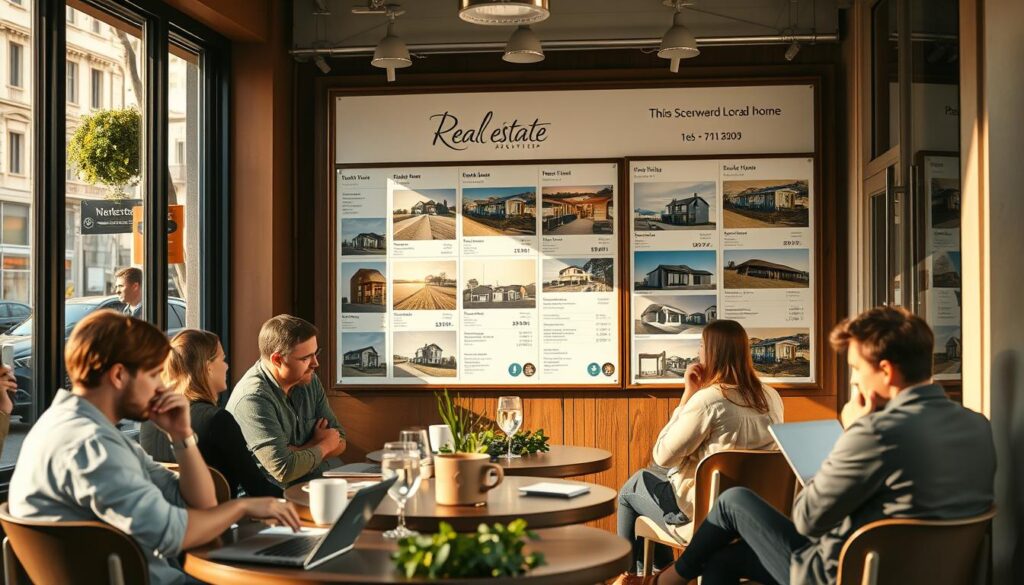
- Proximity to local amenities
- Economic growth prospects
- Easy access to transportation
- Neighborhood development trends
Market Research Essentials
Doing thorough market research is vital for finding good real estate deals. Look at local job numbers, employment rates, and population growth. These can affect how much your property is worth.
| Location Factor | Impact on Property Value |
|---|---|
| Job Market Growth | High chance for value increase |
| Infrastructure Development | Makes the property more appealing |
| Population Trends | More demand for rentals |
Property Value Appreciation Factors
Choosing the right investment property means knowing what makes values go up. Look for areas with:
- Improving neighborhoods
- Upcoming infrastructure projects
- A growing local economy
- Great community amenities
Neighborhood Analysis
Doing a deep dive into the neighborhood is important. Check safety, school quality, and local fun spots. Context is key when picking a second home spot that’s good for both fun and investment.
Choosing the right location can turn a simple buy into a strong investment.
Financing Options for Second Homes
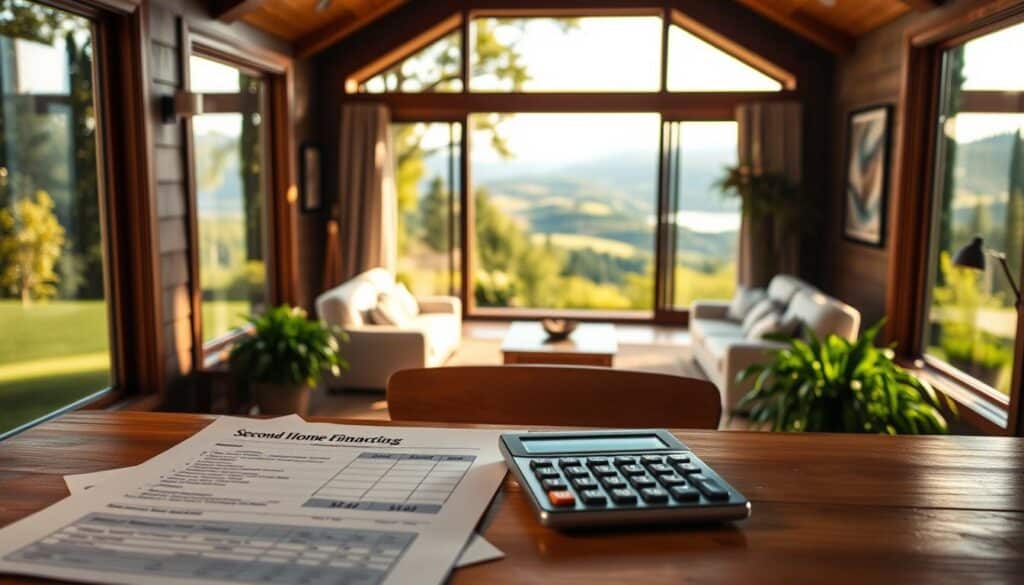
Buying a second home needs careful planning and knowing your financing options. Mortgage rates and strategies for second homes are different from primary homes. It’s important to look at many ways to fund your investment.
When you’re buying a second property, you have several financing options:
- Home Equity Loans: Use your primary home’s equity, often up to 90% with fixed rates
- Home Equity Line of Credit (HELOC): A flexible option with variable rates
- Retirement Account Withdrawals: A funding choice with certain limits
- Investor Cash Flow Loans: Loans for real estate investors
Important things to think about for second home financing include:
- Minimum down payment of 10%
- Credit score of 620 FICO or higher needed
- Debt-to-income ratio under 50%
“Smart financing can turn your second home dream into a real investment strategy.” – Real Estate Investment Expert
Conventional loans are a common choice for second homes. They work like primary home mortgages but have stricter rules. Rates for second homes are usually higher, showing the lender’s risk.
Creative options like cash-out refinancing or shared ownership can also help. Each has its own benefits, based on your financial situation and goals.
Understanding Mortgage Requirements
Getting a mortgage for a second home is different from getting one for your main home. Lenders are stricter with second homes because they see them as riskier.
Buying a second home means dealing with more complex rules. The interest rates for these homes are usually higher than for your main home. This adds to the cost for buyers.
Down Payment Considerations
Second homes need a big upfront payment. Most lenders want a certain amount:
- Minimum down payment: 10% of property value
- Standard recommended down payment: 20%
- Putting down more can get you better rates
Interest Rate Factors
Several things affect the interest rates for second home mortgages:
| Factor | Impact on Rates |
|---|---|
| Credit Score | 700+ recommended for best rates |
| Debt-to-Income Ratio | Must be 43% or less |
| Home Equity | Higher equity can lower interest rates |
Loan Term Options
There are different loan terms to choose from, each with its own benefits:
- 15-year fixed-rate mortgages
- 30-year fixed-rate mortgages
- Adjustable-rate mortgages
Pro tip: Think about your long-term goals when picking a mortgage term. This helps grow your home equity and manage rates.
Tax Implications and Benefits
Understanding taxes on a second home is key. Owners of investment properties face many tax rules. These rules can greatly affect their money.
The IRS has tax perks for second home owners. Important things to know include:
- Mortgage interest deductions up to $750,000 total debt
- Property tax deductions with a $10,000 state and local tax (SALT) cap
- Potential capital gains tax strategies
Knowing the tax rules for your investment property is vital. You can deduct mortgage interest, but there are limits. These depend on how you use the property.
“Tax planning is not about paying less, but about paying strategically” – Financial Expert
Rental income brings more tax rules. If you rent out your property for over 14 days a year, you must report it. The tax rules change based on how much you use it for yourself versus renting it out.
| Property Use | Tax Implications |
|---|---|
| Personal Use | Limited deduction opportunities |
| Rental Property | Potential income tax and expense deductions |
| Mixed Use | Prorated tax treatment |
Strategic tax planning can turn your second home into a tax benefit. Talking to a tax expert can help you get the most benefits and avoid big tax problems.
Insurance Considerations for Second Homes
Protecting your investment property is key. Vacation homes need special insurance coverage. This goes beyond what you need for your main home.
Getting insurance for a second home is more complex. Lenders want specific insurance to protect their money and your property.
Property Insurance Requirements
Second home insurance is different from your main home’s. Insurers see more risks with homes not lived in all the time. You’ll need:
- Comprehensive dwelling coverage
- Personal property protection
- Liability insurance
- Potential additional riders for specific risks
Additional Coverage Options
Vacation homes need special insurance. Think about these extra options:
- Flood insurance for waterfront properties
- Personal umbrella policies
- Earthquake coverage in high-risk zones
- Rental property insurance if generating income
Cost Factors Impacting Insurance
| Risk Factor | Impact on Insurance Cost |
|---|---|
| Location | High-risk areas increase premiums |
| Property Amenities | Pools, hot tubs raise liability costs |
| Vacancy Period | Longer unoccupied periods increase risk |
| Security Features | Enhanced security can lower premiums |
To lower insurance costs for vacation homes, plan smart. Bundling policies, installing security systems, and keeping a clean claims record can save money.
Always talk to an insurance expert. They know how to protect your investment property well.
Property Management Strategies

Effective property management is key to protecting and growing your second home. It’s important whether you use it yourself or rent it out. A solid management plan is essential.
Managing a property involves several important decisions. You must choose between managing it yourself or hiring a professional. Each option has its own benefits:
- Self-management lets you have full control and can save money
- Hiring a professional saves time and brings expertise
- Technology helps with either choice
For those looking to earn rental income, smart management is even more vital. Smart property owners use technology and local networks to keep their investments in top shape.
Key aspects of property management include:
- Setting up regular maintenance
- Using smart home devices for remote monitoring
- Building a local support network
- Preparing the property for different seasons
- Understanding the local market
To manage a second home well, you need to balance personal use, rental income, and upkeep. With the right strategies, owners can safeguard their investment and enjoy it fully.
Rental Income Potential
Turning a second home into a rental can be a smart move. It can help cover costs and bring in extra money. This way, property owners can make the most of their investment.
To succeed in renting out a property, you need to understand the market well. Owners can use different strategies to boost their earnings.
Short-term Rental Options
Short-term rentals offer flexible ways to earn money. Sites like Airbnb and VRBO help owners tap into the vacation market. This can be a great way to make money, depending on your location.
- Potential weekly rates range from $1,500 to $3,500
- Higher income in tourist spots
- More freedom to use your property
Long-term Rental Considerations
Long-term rentals provide steady income. This can help pay off the mortgage and cover other costs. It’s a reliable way to earn money from your property.
| Rental Strategy | Monthly Income Potential | Stability Rating |
|---|---|---|
| Short-term Rental | $2,500 – $4,000 | Medium |
| Long-term Rental | $1,800 – $3,200 | High |
Rental Market Analysis
Doing a deep dive into the rental market is key. Tools like Stessa Rent Estimate and Zillow Rental Manager offer insights. They help you understand local rates and trends.
- Look at local demand
- Check neighborhood value growth
- Figure out cash flow
By using rental income wisely, investors can build a solid financial plan. Properties in good areas can earn money and grow in value over time.
Legal Considerations and Documentation

Buying a second home involves a lot of legal details. Investors need to know the rules for buying investment properties.
Important legal points for second home buyers include:
- Formation of ownership structures
- Local zoning regulations
- Rental property compliance
- Tax implications
Choosing the right ownership structure is key. Setting up an LLC or trust has many benefits. These include:
- Liability protection
- Enhanced privacy
- Simplified property transfer
- Flexible ownership options
Having the right documents is vital for protecting your investment. You’ll need:
- Property deed
- Title insurance
- Mortgage agreements
- Homeowners association rules
Taxes are a big deal in real estate. Second homes affect your taxes. The IRS has rules, like:
- Limiting mortgage interest deductions to $750,000
- Potential capital gains tax up to 23.8%
- Rental property usage restrictions
Getting advice from a tax expert or estate planner can help avoid legal issues and make your investment better.
Following the law and having the right documents are key for owning a second home. Working with experienced real estate pros can guide you through these complex steps.
Maintenance and Upkeep Planning

Managing your second home well is key to keeping its value and fun. To protect your investment, you need a smart maintenance plan. It should be more than just basic care.
Creating a solid maintenance plan includes several important steps:
- Make a detailed checklist for regular checks
- Use smart home tech for watching over your home from afar
- Save money for yearly upkeep and repairs
- Think about hiring a property management service
Vacation homes need extra care to avoid damage and keep their value. Experts say to set aside money for maintenance and unexpected fixes.
| Maintenance Category | Recommended Annual Budget |
|---|---|
| General Maintenance | 1% – 1.5% of home’s purchase price |
| Professional Property Management | 10% – 40% of rental income |
| Average HOA Fees | $4,212 (varies by location) |
To keep your vacation home safe, you need to act ahead:
- Put in a strong security system
- Use smart home tech for remote checks
- Do seasonal checks
- Winterize your home to avoid weather damage
Pro tip: Smart maintenance choices can cut down on repair costs over time and keep your property’s value up.
Regular upkeep is not just a cost. It’s a smart investment in your vacation home’s future.
Working with Real Estate Professionals
Buying a second home in the real estate market needs a good team of experts. A skilled team can make buying easier and help with financing choices.

Buying a second home has many financial and legal steps. Your team will help you make smart choices and avoid risks.
Selecting the Right Real Estate Agent
Choose a real estate agent with experience in second homes. Look for agents who:
- Know your area well
- Have a good track record with second homes
- Have a strong local network
- Understand investment properties
Finding the Ideal Mortgage Lender
Finding the right lender for a second home mortgage is key. Look for lenders who focus on second home loans and offer good rates.
- Compare rates from different lenders
- Check loan terms for second homes
- Understand mortgage requirements
- See if they work with investment properties
Building Your Professional Support Network
Don’t just stop at agents and lenders. Add these experts to your team:
- Property inspector
- Tax advisor
- Insurance specialist
- Real estate attorney
Only 2.5% of new mortgages in the last year were for second homes. This shows how important it is to have expert help in this market.
Conclusion
Buying a second home is a big step in real estate. It needs careful financial planning and research. Before buying, check your finances, including savings and debts.
Getting a second home right involves many important steps. You need to check your credit score and know your mortgage options. Also, plan for extra costs like maintenance and utilities. Babcock Ranch Homes suggests a detailed financial check to make sure you’re ready.
Babcock Ranch, Florida, is a great place for second homes. By studying local real estate and taxes, you can make your dream come true. For help, call Babcock Ranch Homes at 518-569-7173.
Starting your second home journey means making smart choices. Think about your finances, the market, and your goals. With the right planning and help, your second home can grow your wealth.

